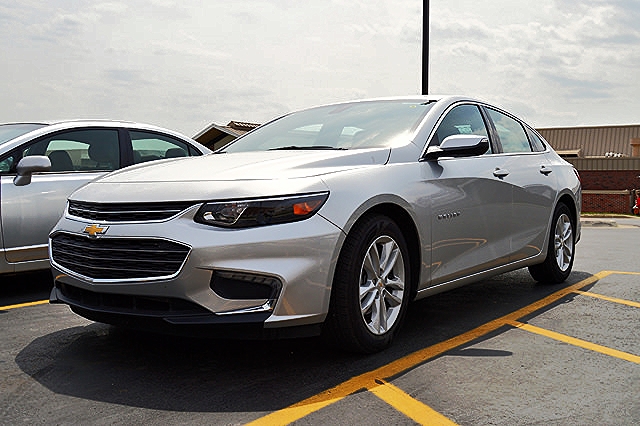Car companies are always looking for a new feature to advertise to potential customers, and a popular selling point is saving drivers money by improving fuel efficiency. One of the newest features for cars is the stop-start technology. Stop-start helps customers conserve fuel by automatically turning off the engine when a vehicle comes to a complete stop, such as stopping at a traffic light. When the driver takes his or her foot off the brake or applies the accelerator, the engine will automatically start back up again. According to a press release from Chevrolet, their 2016 Chevrolet Malibu’s city fuel economy improved 14% because of stop-start. While this new system has appealed to customers who are looking to save at the gas tank, there are still outlying questions about the overall impact stop-start has on a car.
Some are asking if the constant stopping and restarting of the engine will damage the vehicle long-term. Gerhard Arnold, who is responsible for designing cars at Federal Mogul, says “A normal car without automatic stop-start can be expected to go through up to 50,000 stop-start events during its lifetime. With automatic stop-start being activated every time the car comes to a standstill, the figure rises dramatically, perhaps to as many as 500,000 stop-start cycles over the engine's life.”
Potential car buyers may also be asking themselves if the extra wear and tear on the engine is worth the fuel savings in the first place. A test done by Edmunds involved a 2014 BMW 328i being driven around for 80 miles in three hours, once with the stop-start system engaged and once with it turned off. With the system off, the BMW used 3.1 gallons and 2.8 gallons with stop-start turned on. That results in a savings of about 91 cents saved every 80 miles. One of the factors that may have affected the results is having the air-conditioning system on while driving. It has been suggested that the stop-start system can run more efficiently in mild climates.
There has been resistance to the technology in the United States despite its popularity in European countries. Some drivers have complained about the jerking feeling that is experienced once the engine restarts, which may also lead drivers to believe that their car has stalled. Despite the resistance, North American Powertrain Forecaster, Devin Lindsay, told The Detroit News that stop-start will only grow from here. “It’s just a matter of time before the technology gets featured on more vehicles. From some of the stories I’ve been told, it’s kind of a slightly weird transition, especially if the customer isn’t aware,” Lindsay said.
New car buyers should ask the dealer which cars have stop-start technology, as well as discuss the pros and cons of the system. Potential buyers are also encouraged to take a test drive in vehicles they may want to drive, in order to get a feel for the effects of stop-start, so that there are no surprises after they’ve purchased the vehicle.
Unfamiliar car features can make for unexpected car accidents. If you or somebody you know has been involved in an accident, including collisions caused by car defects, call The Michigan Law Firm PLLC. Our attorneys are experienced in handing all types of car, motorcycle, and bicycle collisions. Call us today, at 844.4MI.FIRM for a free consultation.


